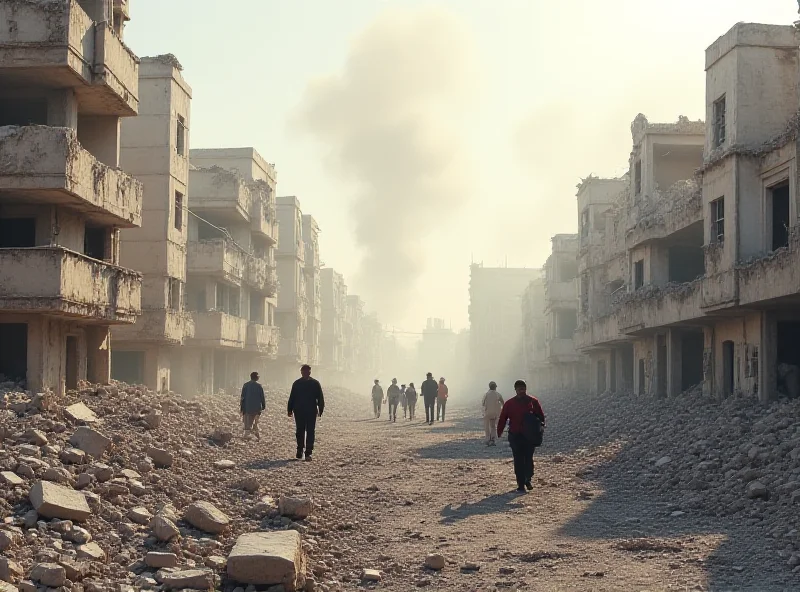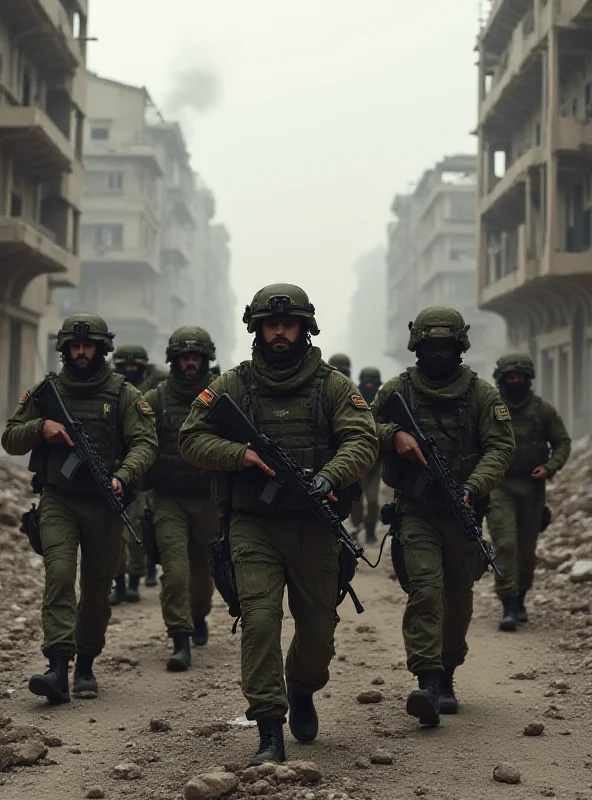The Middle East remains a region fraught with tension, with several ongoing conflicts and humanitarian crises demanding attention. Recent developments paint a complex picture of the challenges facing the area, ranging from hostage returns to escalating violence and the devastating impact of blockades.
Hostage Return and Ceasefire
In a significant development, the armed wing of Hamas has confirmed the return of the bodies of four Israeli hostages. These individuals were abducted during the October 7, 2023, attack in Israel and subsequently taken to the Gaza Strip. The return is reportedly taking place as part of a ceasefire agreement, offering a glimmer of hope in the midst of ongoing conflict. This news provides a small measure of solace to the families affected by the tragic events.

The Humanitarian Crisis in Gaza Deepens
Despite the ceasefire agreement, the situation in Gaza remains dire. A new total blockade of supplies imposed by Israel threatens to exacerbate the already devastating humanitarian crisis. The destruction of healthcare infrastructure and the lack of essential aid are contributing to a rise in indirect casualties, which are not reflected in the official death toll of over 48,000. "The lack of medical supplies and basic necessities is creating a silent killer," reports one aid worker on the ground. The world watches with growing concern as the people of Gaza struggle to survive.
Adding to the controversy is a viral AI-generated video featuring former President Trump's vision for transforming the Gaza Strip into a Dubai-style paradise. The creator of the video has since clarified that it was presented without context. This proposal has sparked debate and criticism, highlighting the complexities of addressing the region's challenges.

Deadly Clashes in Syria
Elsewhere in the region, Syria is grappling with its own set of challenges. Recent reports indicate that Syrian security forces have launched significant sweep operations following unprecedented clashes with fighters loyal to ex-president Bashar al-Assad in western Syria. These clashes have resulted in a reported 71 deaths, according to the Syrian Observatory for Human Rights. The violence underscores the ongoing instability and internal conflicts that continue to plague the country. The situation highlights the fragility of the region and the difficulty in achieving lasting peace.

These events underscore the complex and interconnected nature of the challenges facing the Middle East. From the return of hostages to the humanitarian crisis in Gaza and the ongoing violence in Syria, the region remains a focal point of global concern. The international community continues to grapple with how to address these issues and promote lasting peace and stability.
The Left Party in Germany also faces internal challenges as it navigates complex issues related to Ukraine and Israel. Heidi Reichinnek, a prominent figure in the party, aims to maintain unity among newcomers in parliament, but potential disagreements could lead to voter disappointment. This political maneuvering reflects the broader global implications of the conflicts in the Middle East and Eastern Europe.
